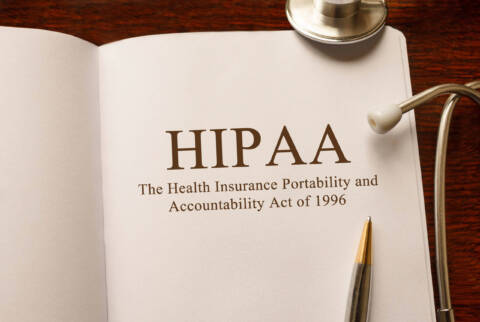How to Build Strong Patient Relationships as a Nurse
As a nurse, building strong patient relationships is crucial to providing quality care and improving patient outcomes. Patients who feel comfortable with their healthcare providers are more likely to adhere to treatment plans, share important information about their health and have better overall experiences. Developing these relationships takes time and isn’t necessarily a skill that can be taught in a classroom. The good news is you can get into the mindset of relationship building with patients while you’re still pursuing your degree. This can set you apart from other new nurses and help you establish yourself as a compassionate and trustworthy healthcare provider. Active listening involves giving your full and undivided attention to what the patient is saying, not interrupting and responding in a way that shows you understand and empathize with their concerns. By actively listening, you can gain a better understanding of your patient’s needs, fears and goals, which can help you provide more individualized care. Active listening also helps establish trust and rapport between you and your patients. When patients feel heard and understood, they are more likely to feel comfortable and open up to you, which can lead to a better overall patient experience. Reducing jargon when interacting with patients is crucial for effective communication and building trust. As a nurse, it’s essential to remember that patients may not have the same medical background or knowledge as healthcare professionals. Using complex medical terminology or jargon can confuse patients, create barriers to understanding and even cause unnecessary anxiety. By being proactive, you can anticipate your patient’s needs, identify potential issues before they arise and take steps to prevent them from becoming major problems. Not only is this beneficial for the patient’s recovery and wellbeing but it can help build trust and confidence in you as their nurse. Proactivity can take many forms in nursing. You can display proactivity by regularly checking on your patients, providing education and resources and advocating for their needs. For example, you can check on a patient’s pain level without being prompted to do so and provide pain medication before the pain becomes severe enough for the patient to complain. You can also anticipate the patient’s needs by ensuring they have enough supplies, such as food, water and medication, and communicating effectively with other healthcare providers to ensure continuity of care. If you’re interested in becoming a stellar nurse who not only excels at patient care but also knows how to foster strong nurse-patient relationships, then the St. Louis College of Health Careers is the perfect place for you. Our accredited program offer comprehensive training that teaches not just the technical skills, but also helps hone the interpersonal skills that are necessary for building strong relationships with patients. With experienced faculty and a supportive community, you’ll be able to learn from the best and develop the skills you need to excel in your career as a nurse. To or learn more about the program, visit us online or call 866-529-2070.

